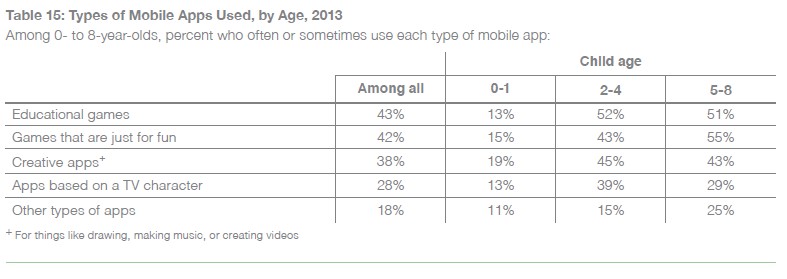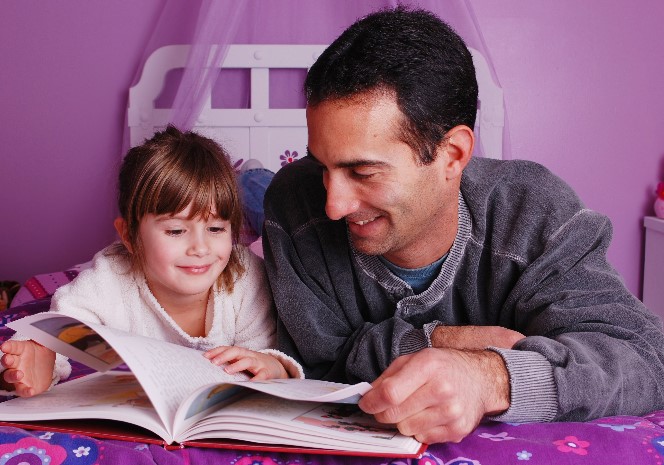Continuing on from the previous article on how much life do we live on social media, we will now focus on how screen time habits can be easily formed with children without parents intentionally meaning to do so.
Apparently, children aged up to 21 years of age need direction, boundaries and rules so as not to cross the line between the moral and immoral. This is where a good relationship with parents can help the child think for themselves in a way that will make them question their own values. Boundary setting is a problematic stage of parent-child relationship, consistency with parenting decisions and practices are essential as we all know children are very good at identifying any weaknesses and acting on them to their own advantage.
Children cannot tie shoelaces, but they can create virtual worlds
Children are bypassing the potty training, learning to cycle a bike, climb a train, etc. in exchange for more screen time. Some parents are readingtheir child’s potty training successes with an extra chunk of screen time. Even so far as to give the child an iPad whilst sitting on the potty to help keep the child sitting until they do their business. Are we throwing too many devices at our children to keep them entertained. According to a research study carried out by CommonSenseMedia in 2013 reference: Zero to Eight: Children’s Media Use in America informs us that 38% children under age of 2 years of age have used a mobile device for media purposes. 17% of under 2’s are using a mobile device on a daily basis such as an iPad or Smartphone in 2013. The same report recorded children under 8 were using on average a mobile device for 1 hour and 55 minutes per day, with the 5-8 years old consuming the most at 2 hours and 21 minutes per day. Some of the games the children play are Angry Birds, Potty Time, Baby Dress Up, Top-It Math and lots more cartoon character games.
XBOX is our babysitter
Parents use technology to pacify the children so they can do their routine house duties and sometimes, parents may ask the games console to look after their children whilst they leave the house to run an errand. 13% of parents in the same study admitted that these use the media to occupy the children whilst carrying out chores and 42% say they do this sometimes. According to same report as mentioned above, 36% of children under 8 have a television in their bedroom and when parents were asked why the bedrooms had TV’s in them, the main response was that it freed up other TV so they can watch their programs (41%). 28% parents said the reason for TV’s in their children’s bedrooms was to keep the child occupied whilst they got on with other things.
Children still love reading Paper!
Some of the positive facts coming out of the study detailed how children are reading the same amount they had been in the previous 2 years when a similar study was done. This is a massive welcome for the worrying techie parents who think there is too much technology in the world. Even with the growth of Kindle’s, e-readers and Tablets, children and parents alike, enjoy the paperback editions of books. Countless research studies discover that bedtime reading with your child is one of the best quality time spent with your child as it raises the importance of words and pictures to tell a story. We can often find our children “reading” a children’s book displaying pronunciation of words we cannot get our tongues around, just from the occurrence of repetition of a story. I remember my 3 year old daughter reading pages of a children’s book and thought she was mastering reading way too early. In fact she was remembering the words on the pages associated with pictures from memory of the previous night of bed time reading. Reading enlarges the children’s creativity side, which will visible when they are in play time, school, travelling and studying later. Imagination is important to a child and we often wonder what they are thinking, as a result of some of the stories they implore our ears. Take away imagination and it takes their fun away. The running risk of too much technology in a child’s life is loss of imagination and creativity.
Radio killed the TV Star
In today’s world, the Device is killing the book child. There are so many electronic devices in a home now that children can connect online, it is challenging to escape from a web page. On average, a 2.4 children’s home will contain 13 internet connected devices. Thinking to yourself that this is very high figure, I suggest a quick count of your electronic inventory. The obvious items are computers, laptops, Tablets that are stacked to an internet connection, but don’t forget the SmartTV, Xbox, PS3, PSP, LeapFrog devices, SmartPhones, eReaders, iPods and even fridges!!!
What can I do now to protect my children from too much internet?
It’s never too late to change a situation, but remember it has been said it takes 28 days to fully change a habit, so do not expect an overnight success in this.
- Set time limits of the devices that the children are using. Basically, don’t be in the habit of allowing the children jump onto a laptop, Xbox or phone once they come in from school until dinner is ready. Maybe after dinner there is time for the children to catch up on their TV shows, which adds to the amount of daily screen time.
- Pay attention to what the children are doing on their devices. Cold turkey is never a solution to changing a child’s daily activities. Parents have seen aggression hit heights when this happens and it often scares parents how addicted their children got over a short period of time.
- Remove the device from the child. If the child does not listen when you request they stay off a device, the solution maybe to remove it physically for a short period of time. Some say a reward system is a positive insertion to a tantrum that could flare from the removal. Eg, if you do play outside for an hour and do your homework, you can get the iPad for 30mins later. But under no circumstances give in to the child’s initial pleading, as this will set a negative precedence.
- Sit and talk with your child on why it’s very important to not just be online. Explain how they are missing out in life’s natural gifts. Tell them some of the stories of when you were young and how you made play shops, tree house and go-karts to keep yourself amused. How you may never been in the house unless it was dark or raining and even at that, it was a slim chance if you did not stay out in the rain!!
- Get involved more with children’s fun. Get out a sheet of paper on the kitchen table with a few markers. Watch where this journey can take both you and the child. Lift a jigsaw out of the cupboard that will keep their little minds working for some time. The feeling of accomplishment when completed is heart-warming to watch.









No comments yet.